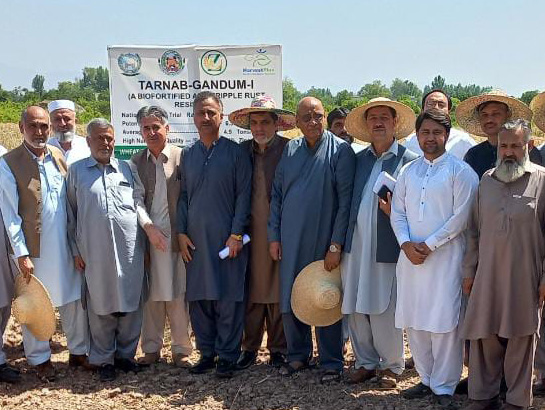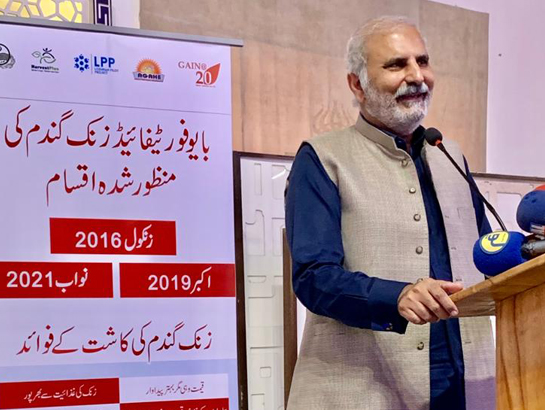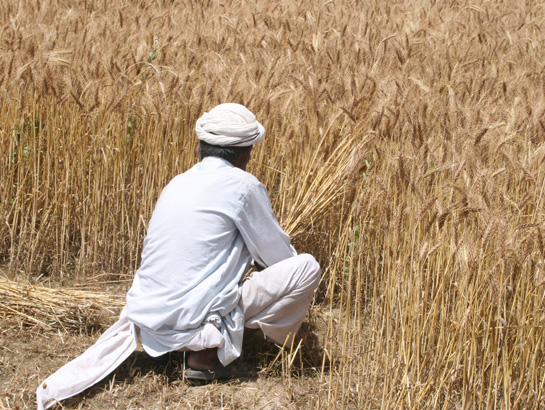The first varieties of zinc-enriched wheat recently became available for farmers to grow in the Pakistani province of Khyber Pakhtunkhwa (KP), where 20 percent of rural children do not have adequate zinc in their diets and rates of stunting are alarming. The two biofortified varieties, Tarnab Rehbar and Tarnab Gandum-1, contain on an average 40 percent more zinc…



